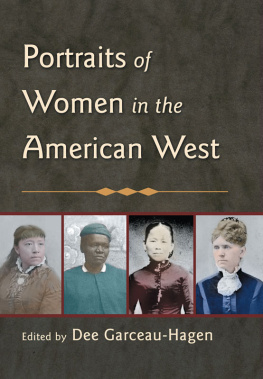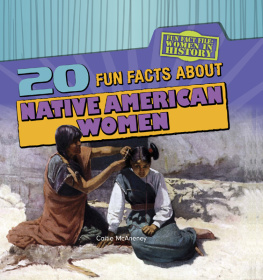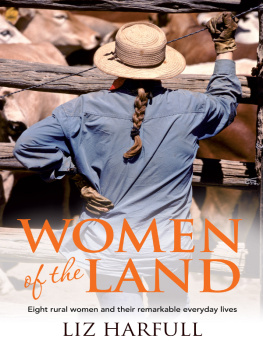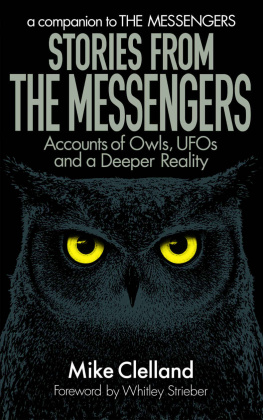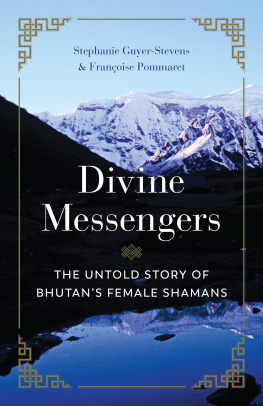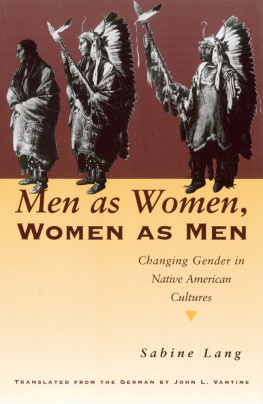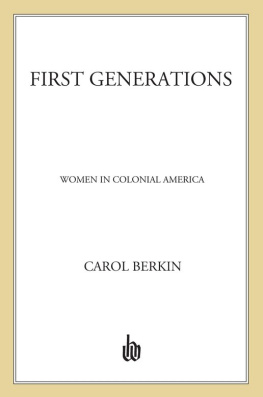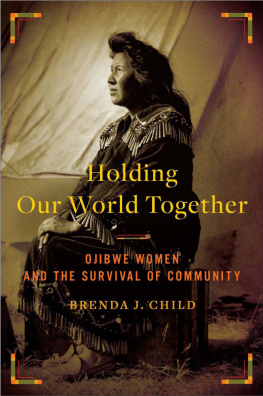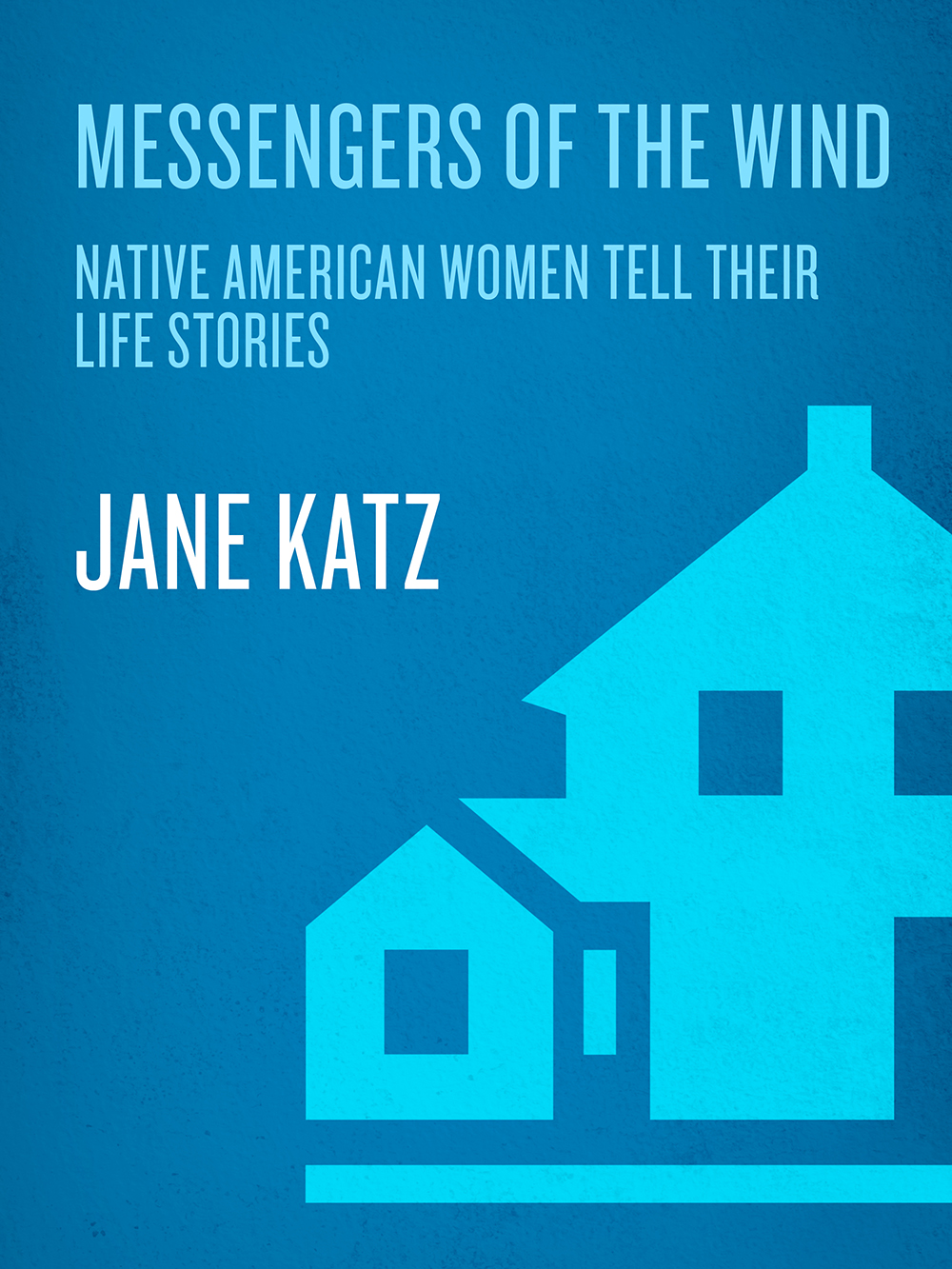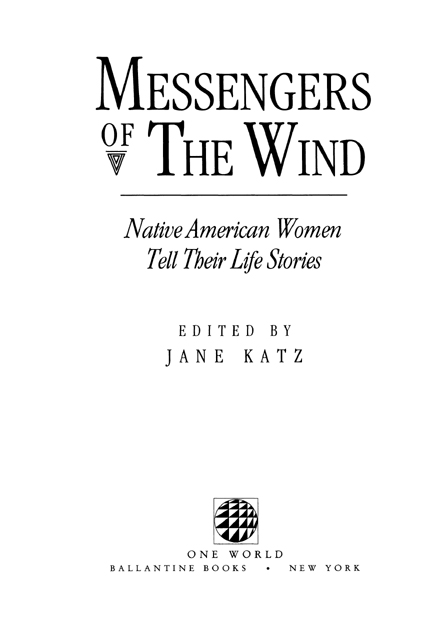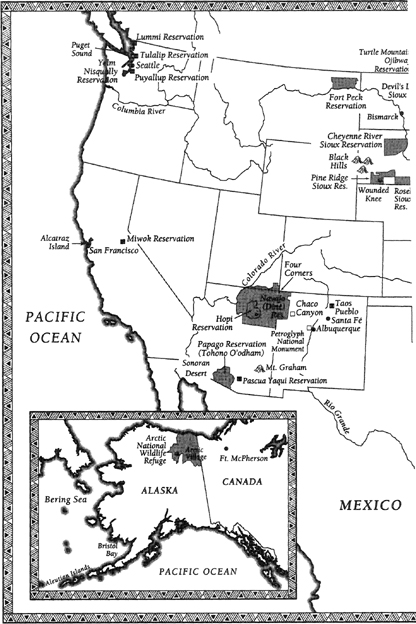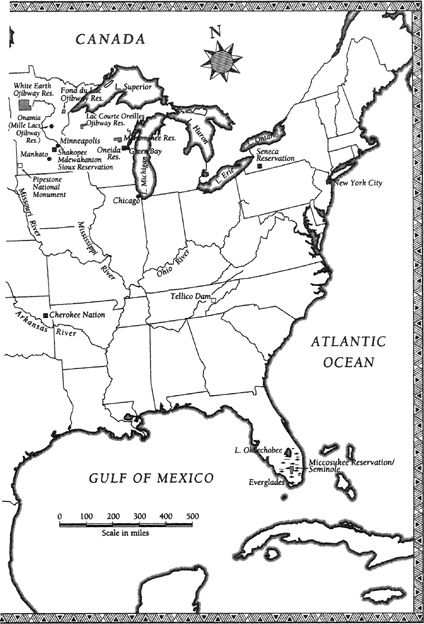MOVING STORIES OF STRUGGLE, HEARTBREAK, AND TRAUMA
[The] dangerous contemporary stereotype of Native American women, which paints them undereducated, overweight, alcoholic, and drawing on welfare, needs to die a painful death. Messengers of the Wind is one arrow that has shot through the stereotype.
Boulder Weekly
Messengers of the Wind brings us the voices, images, and lives of Native American women who have walked in many worlds. The voices are as old as the land, and yet as current as todays news. These women speak to us about their most basic experiences and how they formed their core values. [Through] their words, we can hear the voices of the ages and the accumulated wisdom of thousands of years. In learning about these women, we learn about the America of today, and we learn more about ourselves.
Jack Weatherford
Author of Indian Givers and Native Roots
These stories are an inspiration to their sisters everywhere and a welcome addition to the literature of womens studies.
Publishers Weekly
Taps into the very heart of contemporary Native American womens lives.
Library Journal
Provides fascinating insights into tribal life and womens perceptions of their lives in relationship to the tribal community as well as the larger community.
Gretchen Bataille
Author of
American Indian Women: Telling Their Lives
Reading these interviews is like sitting down for tea with [the women]. Their voices echo and resonate with the messages they share.
Pauline Brunette Danforth
Counselor
University of Minnesotas American Indian
Learning and Resource Center
Engrossing [Messengers of the Wind] covers a wide spectrum of native cultures and urban life [and] captures the experiences of contemporary American Indian women in an immensely readable, interesting format.
Marilyn Bentz
Senior Lecturer
Anthropology/American Indian Studies
University of Washington
A One World Book
Published by Ballantine Books
Copyright 1995 by Jane Katz
Map by Mapping Specialists, Ltd.
All rights reserved under International and Pan-American
Copyright Conventions. Published in the United States
by Ballantine Books, a division of Random House, Inc.,
New York, and simultaneously in Canada by
Random House of Canada Limited, Toronto.
Library of Congress Catalog Card Number: 95-95005
eISBN: 978-0-307-55792-6
v3.1_r1
C ONTENTS
I
W ALKING THE T RAIL FROM Y ESTERDAY TO T ODAY
1. We Have to Have Ceremonies
S OGE T RACK , T AOS P UEBLO
2. Men and Women Lived with the Seasons
F LORENCE K ENNEY , I NUPIAT /N ATIVE A LASKAN
3. People Cared About One Another
F RAN J AMES , L UMMI
4. In My Family, the Women Ran Everything
E MMI W HITEHORSE , N AVAJO
II
D AUGHTERS OF THE D ISPOSSESSED
5. From My Grandmother I Learned About Sadness
R OSE B LUESTONE , D AKOTA
6. Still Grieving over the Loss of the Land
E LAINE S ALINAS , W HITE E ARTH O JIBWAY
7. The Power Comes from Within
I NGRID W ASHINAWATOK , M ENOMINEE
III
M ENDING THE T EARS , W EAVING THE S TRANDS
8. The Cottonwood Tree Talks to Me
J UANITA E SPINOSA , T URTLE M OUNTAIN O JIBWAY
9. We Are All Members of a Family
L AURA W ITTSTOCK , S ENECA
10. I See an Incredible Force within Native People
F AITH S MITH , L AC C OURTE O REILLES O JIBWAY
11. I Give You Seeds of a New Way
C HRYSTOS , M ENOMINEE
12. The Pipe Ceremony Is Really Cool
C ASSANDRA H OLMES , L AC C OURTE O REILLES O JIBWAY
IV
T HEY A LWAYS C OME B ACK TO THE R EZ
13. The Puyallup Tribe Rose from the Ashes
R AMONA B ENNETT , P UYALLUP
14. I Dream a Lot
A H-BEAD-SOOT , P UYALLUP
15. You Take Care of the Land, and It Takes Care of You
V IRGINIA P OOLE , S EMINOLE /M ICCOSUKEE
16. We Give Energy to Each Other
L OIS S TEELE , A SSINIBOINE
17. Let Us Survive
R OBERTA H ILL W HITEMAN , O NEIDA
V
Go S OMEWHERE E LSE AND B UILD A M C D ONALDS
18. You Who Have Removed Us: At What Cost?
W ENDY R OSE , H OPI /M IWOK
19. We Have a Long History Here
C HERYL M ANN , C HEYENNE R IVER S IOUX
20. We Are the Caribou People
S ARAH J AMES , G WICHIN /N ATIVE A LASKAN
21. Theyre Trying to Sell Our Treaties
E STHER N AHGAHNUB , F OND DU L AC O JIBWAY
VI
L OOK L ITTLE O NES , A LL THE P LACES A RE H OLY
22. The Spirit Takes Care of Us
V I H ILBERT , U PPER S KAGIT
23. Theres Some Kind of Healing Force Here
R OSE M ARY B ARSTOW , W HITE E ARTH O JIBWAY
24. You Defend Whats Sacred to You
J ANET M C C LOUD , T ULALIP
25. Our Cathedral Is the Black Hills
C AROLE A NNE H EART L OOKING H ORSE , L AKOTA

Daughters, the women are speaking.
They arrive
over the wise distances
on perfect feet.
Daughters, I love you.
L INDA H OGAN ,
Chickasaw
Introduction
This book records the voices of women I encountered as I followed the many diverse but interconnecting paths Native American women walk today. Equipped with a tape recorder and a rental car, a number of years ago I began traveling down the city streets and back roads of First Nations communities hoping to gain some insight into the challenges and choices facing indigenous women.
I had no conception of the enormity of the subject, or of the pitfalls I would encounter as an outsider venturing into another country. Fortunately guides appeared along the way. No, they were not wise women of the woods imparting mystical messages, but real Native women willing to illuminate aspects of their lives and share their personal stories.
In a dimly-lit pub in the midst of an urban reservation in Washington State, Ramona Bennett, former chairwoman of the Puyallup Tribe, taught me a history lesson:
When white people came here, they pointed up at the Mother Mountain [Mount Rainier] and said, Who owns that? And the Indians cracked upwhat a funny idea, to own a mountain! For us, the Mother Mountain is for everyone. It brings fresh water, its where our river comes from. Its sacred. Then the white people wrote up title to the mountain, they cut roads and put ski slopes on it. Its like putting a recreation center on the Virgin Marys breast.
Bennett recounted the theft of land from her forebears. She spoke of Indians locked out of the job market because of institutional racism. She showed me the graves of babies who died because of malnutrition. She spoke of children virtually kidnapped and sent to orphanages or boarding schools that separated them from family and tribe, leaving them culturally bereft. These were not nightmare scenarios, they were the stories of real people trying to survive in a society that wanted them to disappear.


